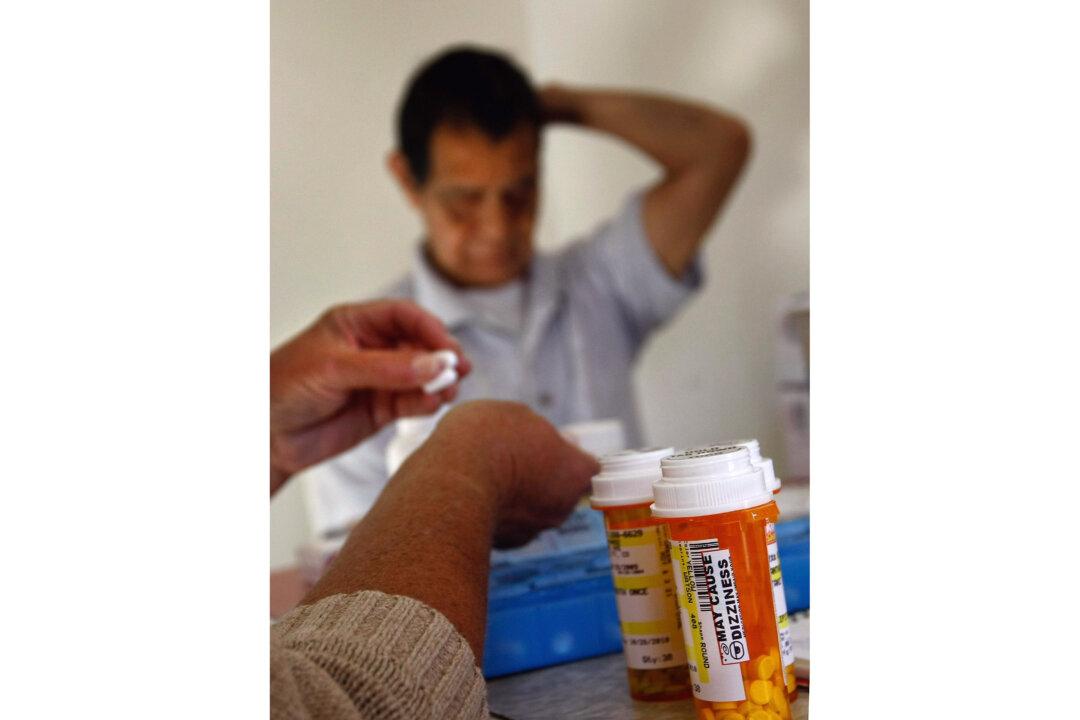A research team from the Faculty of Medicine at the University of Hong Kong has published a study estimating that the use of antipsychotic drugs may increase the risk of breast cancer by around 30 percent. The risk is linked to the prolactin-raising properties of some of these drugs. The results of the study were published in the Epidemiology and Psychiatric Sciences.
Such studies underline the importance of physicians weighing the effects of a treatment against a drug’s potential risks when prescribing them.





